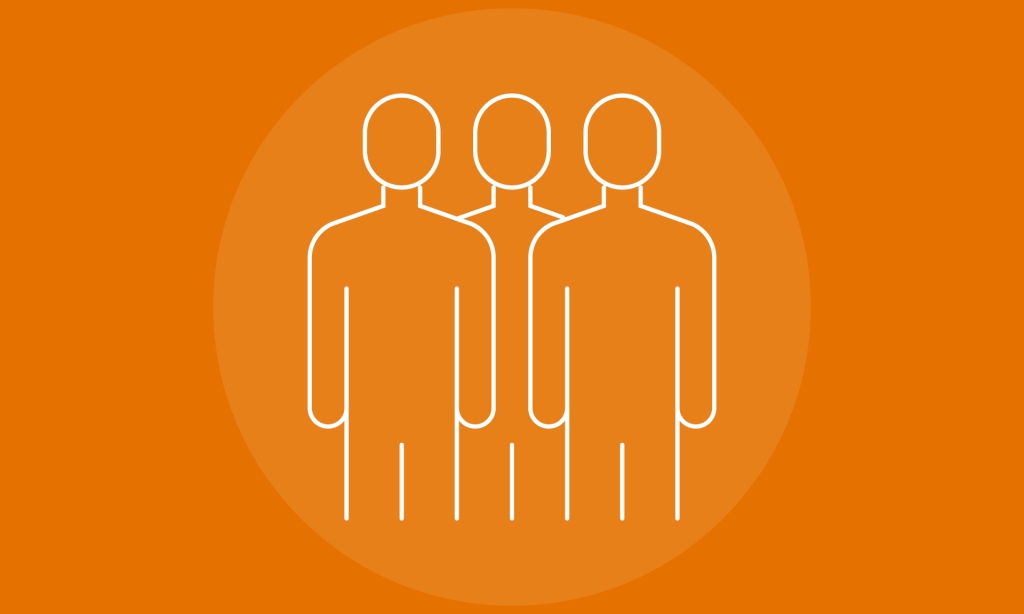

 Article
Article

Professor Raj Venkatesan discusses his book, The AI Marketing Canvas: A Five Stage Roadmap to Implementing Artificial Intelligence in Marketing, with the Batten Institute’s Sean Carr to examine where the industry is headed and how marketers can responsibly manage AI-powered marketing in the rapidly evolving media landscape.
To develop and manage a brand effectively, marketers start by defining it with a brand essence statement. In an excerpt from her book Positioning for Advantage, Professor Kim Whitler discusses the blueprint for building a brand from the bottom up, including the foundation, the support, the impact on a consumer and, ultimately, the brand essence.
TV ads? Pay-per-click? Organic search? Fine-grained data about consumer interactions with brands is helpful if marketers know how to identify the value of the channels used and see their contributions to customer acquisition and retention. Developing an attribution model is a gradual process; here are four key stages in the journey.

When time is short, do we look for convenient experiences that fit in with our busy lives — or special experiences with the people in our lives? New research shows that limited time leads people to search out memorable, extraordinary experiences with others, whether they are new friends, work colleagues, romantic partners or other loved ones.

Waiting in line is no one’s favorite thing, but the circumstances in which they people themselves queued up play a huge role in how they experience the delay, according to Professor Elliott N. Weiss. To raise customer satisfaction, retailers can keep in mind three important E’s: Eliminate the wait, manage Expectations and Enhance the experience.
In an AI-powered economy, characterized by sweeping technological advancements and fast-changing customer preferences, brands face a complex challenge. To survive, they need to build AI and machine learning into their marketing toolkits. Professor Rajkumar Venkatesan’s AI Marketing Canvas can help guide them through that that process.
As consumers have become aware of the waste generated by the apparel industry and as Marie Kondo’s decluttering approach has gained popularity, many are increasingly interested in resale, rental or refurbished fashion. One startup tested the waters, using behavioral science to enrich its business model and structure marketing campaigns.
Every hot youth brand faces the core dilemma of how to expand without diluting its appeal as exclusive. The case of streetwear brand Supreme is extreme: Its identity is tied to ultra-small distribution and a “you chase us” marketing model. How can a brand grow when part of its appeal is due to scarcity? Especially in the context of a pandemic?
Consumers’ growing appetite for streaming content is changing the way studios produce and market feature films. But could they better reach audiences through analysis of tastes, personalities and lifestyles? Professor Anthony Palomba finds there’s more data out there for studios to capture and better understand movie platform or genre consumption
Darden Professor Anthony Palomba is an expert in media management, an interdisciplinary academic discipline that examines how audiences consume media and entertainment products and services, as well as how entertainment companies compete amid shifting consumer preferences. He recently answered five questions on the rapidly shifting media landscape.